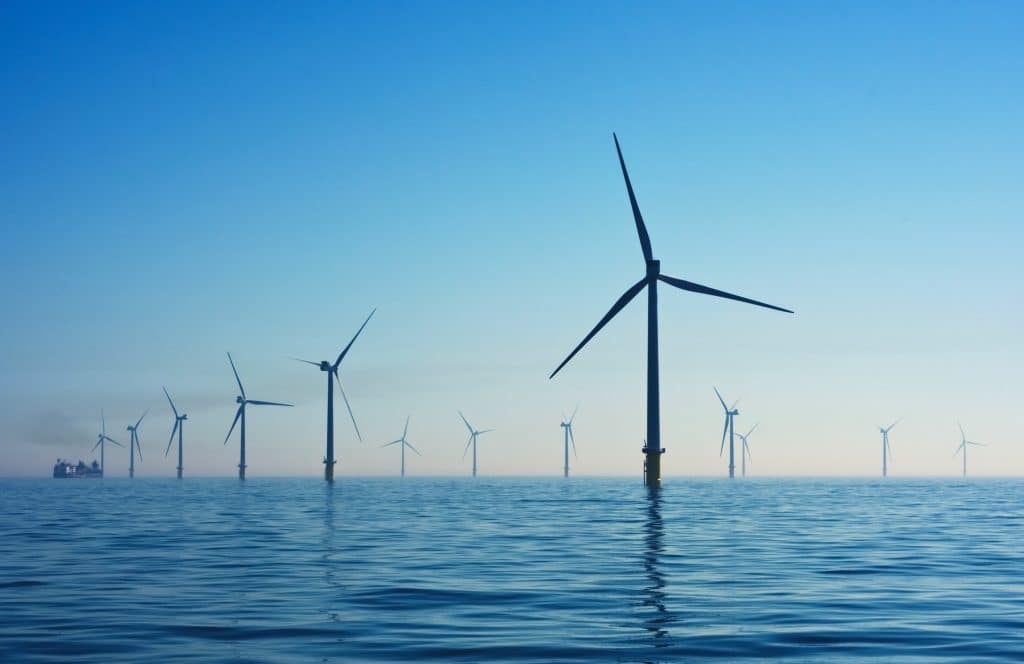Climate change is an important topic that no one should sleep on. In fact, many countries are making a conscious effort to help fight climate change. And Singapore is one of them. As such, the government came up with the Carbon Pricing Act in 2019 to help compact this problem and actively encourage the reduction of greenhouse gas emissions.
The implementation of the Carbon Pricing Act affects many businesses and industries in Singapore. However, this is not only limited to them, as the people who buy electricity for daily use are also affected. If you are interested to learn and understand more about Singapore’s Carbon Tax, read more! You may also be interested in knowing more about the sp group electricity tariff.
Carbon Tax?
What exactly is a carbon tax? Well, it is a government-imposed fee imposed on industries and companies that burn carbon-based fossil fuels. This also includes natural gas, fuel oil, and coal.
The intended purpose of this imposition is to deter these companies from making the decision to choose to burn fossil fuel. Instead, it forces them to look for other means of finding a source of energy such as wind or solar power. This is because the act of burning fossil fuels results in the release of carbon dioxide, a gas that directly affects climate change. The switch to other methods can help reduce the emissions to almost zero.
The Carbon tax is mostly applied to the power industry as the way in which electricity is produced here in Singapore is mainly due to the burning of natural gases (fossil fuels).
How does Carbon tax help with climate change?
A carbon tax is said to be one of the most effective methods that can be rolled out when it comes to reducing the total amount of greenhouse gas emissions, according to the IMF. In fact, Singapore is not the only country which has implemented this tax, more than forty countries worldwide have imposed something similar to the Carbon tax to help combat the greenhouse gas emission issue.
How does it help then? Well:
- The implementation of the carbon tax not only affects the big companies, but it also increases the cost of electricity. As such, people become more conscious when it comes to their usage of electricity so that they would not need to spend so much money
- As for companies who burn fossil fuels as their primary source of power generation, the tax forces them to turn to other methods that are much cleaner. In fact, it can even spur them into doing research into cleaner alternatives which could help benefit everyone else as a whole.
- The money taken from the carbon tax is then used to invest in research and studies to create renewable technologies or to fund clean up activities.
How does Carbon Tax affect regular people?

The way in which we are affected by the carbon tax is based on our electricity consumption. Most of the electricity we use is made from burning fossil fuels. As such, the more electricity is being used, the more you contribute to the 25,000 tonnes of greenhouse gases being emitted.
Power generators then pass on the cost of the carbon tax onto their consumers and therefore, your electricity bill increases.
How does Carbon tax affect businesses?
If your company’s business facilities emit between 2,000 tonnes and 25,000 tonnes of greenhouse gases, it is necessary for you to submit an emissions report.
If you exceed 25,000 tonnes of greenhouse gas emissions, however, then you will be subjected to a five-dollar tax per tonne of emission.
Emissions reports must be verified by an independent party. Companies that pay the carbon tax will also have to come up with a monitoring plan to assure regulators that their data is accurate and trustworthy.
Calculating Carbon Emission Tax
It is good to understand how your carbon tax is being calculated. The formula is:
Carbon Tax Charge = Electricity Consumed x GEF-OM x Carbon Tax Rate
Note: Electricity Consumed uses the metered consumption while the GEF-OM means Grid Emission Factor – Average Operating Margin according to the Energy Market Authority.
How does Singapore fare when it comes to greenhouse emissions?
Did you know that most of Singapore’s economy is reliant on oil? Be it oil refinement or storage, it all happens here in Singapore as well. As such, the industries involved in these activities are the ones emitting quite the amount of greenhouse gases while they are doing their jobs.
2017: Singapore emitted nearly 53 million tonnes of greenhouse gases. A good sixty percent came from the industries alone.
2018: Singapore was 27th out of a total of 142 countries when it came to our emissions per capita. This showed how Singapore is one of the contributors to greenhouse gas emissions and more effort must be taken to fight climate change.
2020: it is said that Singapore is estimated to emit about 77.2 million tonnes of greenhouse gases
Singapore’s Goal for the Climate

When it comes to the climate, Singapore has signed a commitment under the Paris Climate Agreement in 2016, which led to the implementation of the Carbon tax in 2019. The goal is to reduce greenhouse gas emissions here in Singapore.
Companies that emit greater than 25,000 tonnes of greenhouse gas in a year are the ones who are hugely impacted. For every tonne of greenhouse gas being released, a tax of $5 will be made. This will be carried out from 2019 to 2023.
After 2023, the Carbon Tax will be reviewed again for the government plans to increase the tax from five dollars per tonne to ten to fifteen dollars per tonne once it is 2030.
With Carbon tax being implemented here in Singapore, we hope that everyone will not only rely on this method to help make a change to the climate. It is good to understand how much electricity you are using and try to reduce any wastage. What’s more, be actively involved in community cleans up or do what you can to promote active research and development for more renewable sources.














Leave a Reply